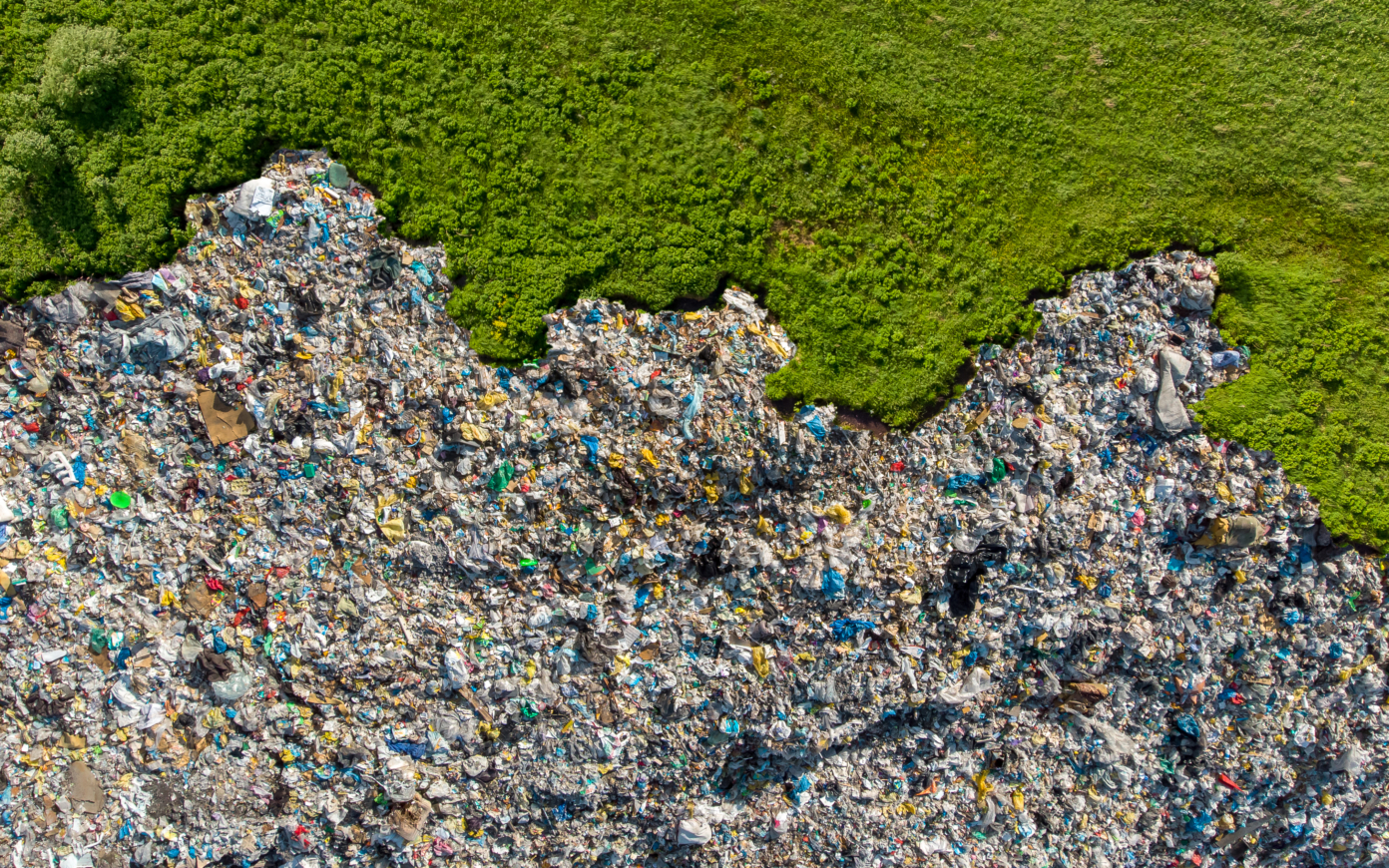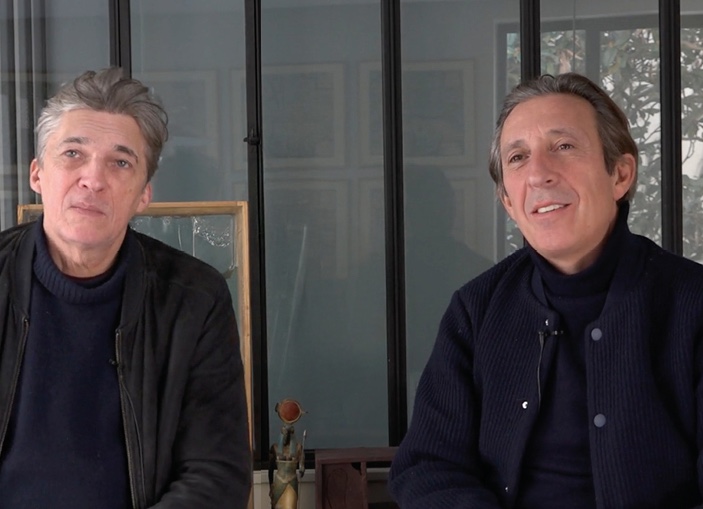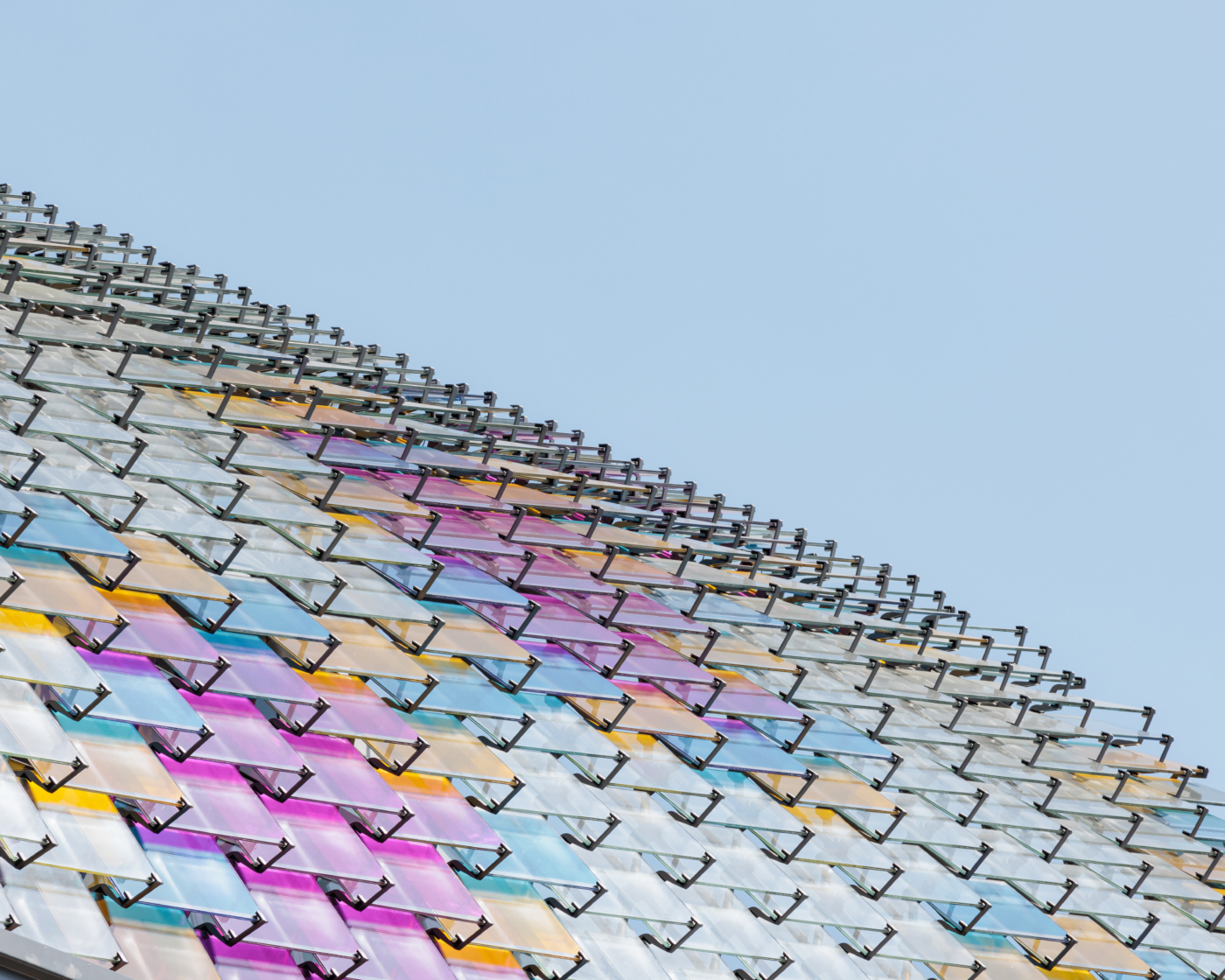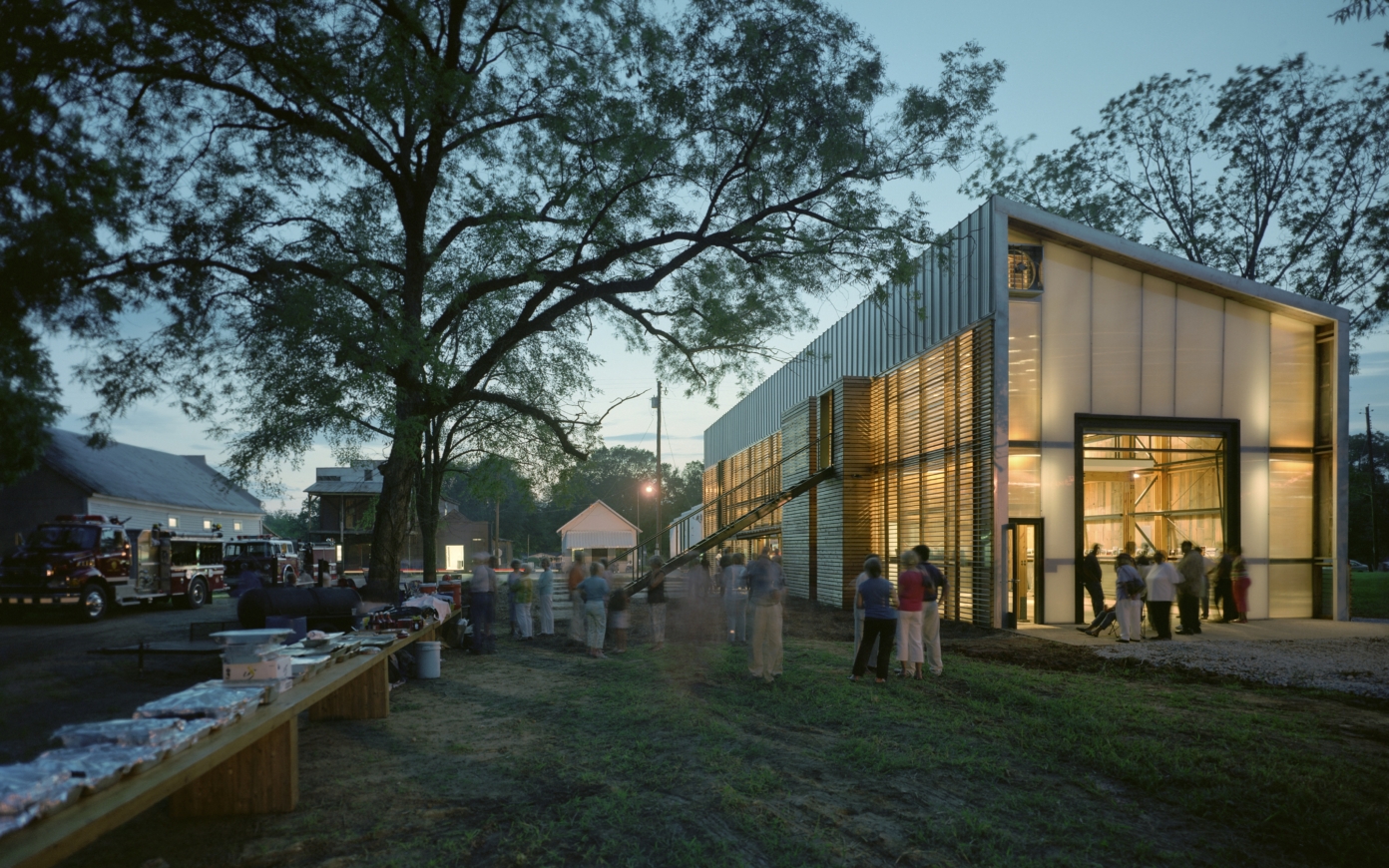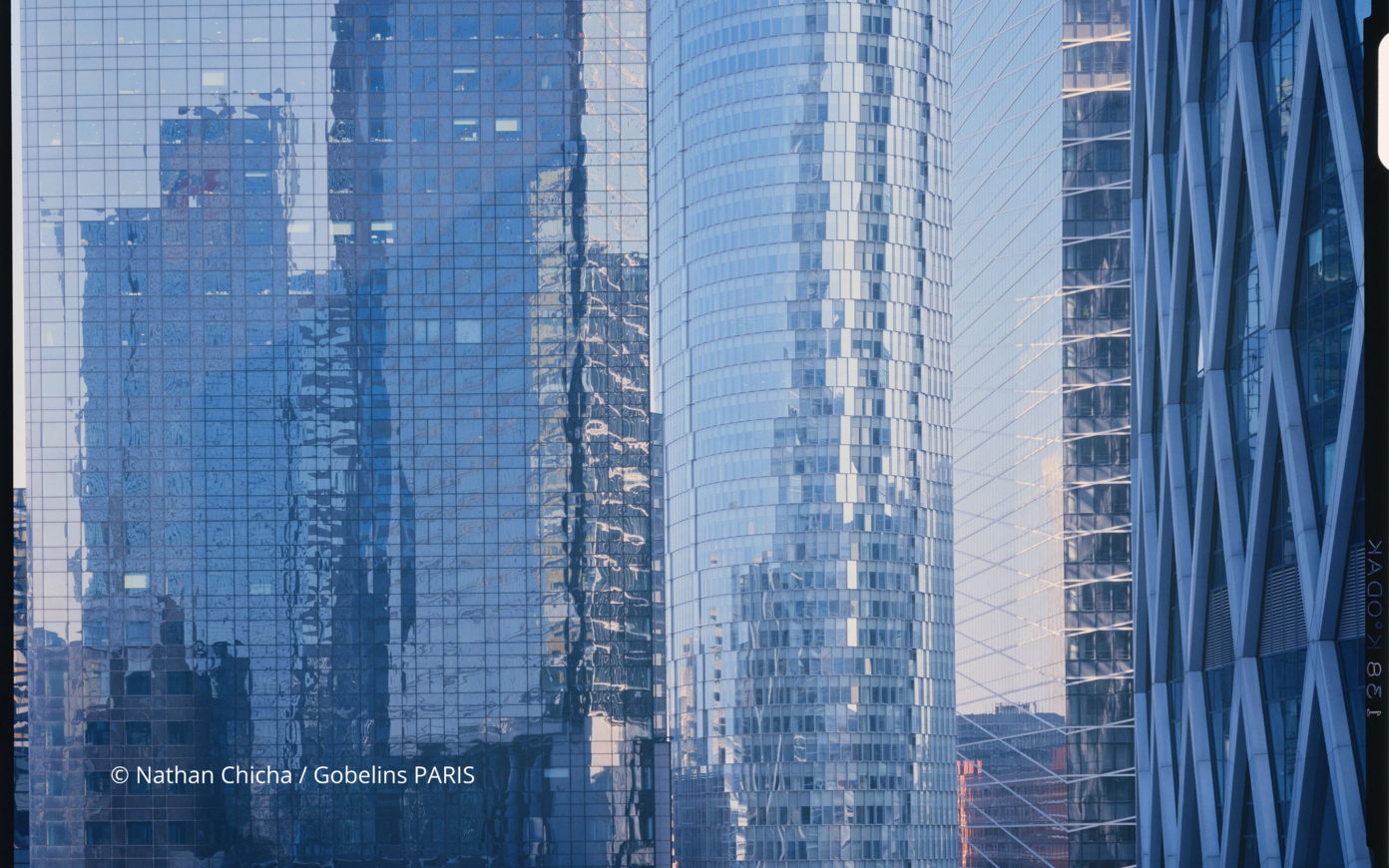A right to Prosperity and Nature

- Publish On 15 June 2017
- Michael Schellenberger
- 6 minutes
Michael Schellenberger is a researcher, writer and co-founder of Breakthrough Institute, a California-based think tank and pioneering research institute. In this talk, he explains why he thinks it is necessary to change how we think about energy and the environment. Through his Eco-Modernist manifesto, he elaborates the idea of a Modernism that would allow everyone to democratically enjoy a right to prosperity while respecting nature. He refuses the authority of urban planning and dogmatism, and praises for concertation and compromise.

